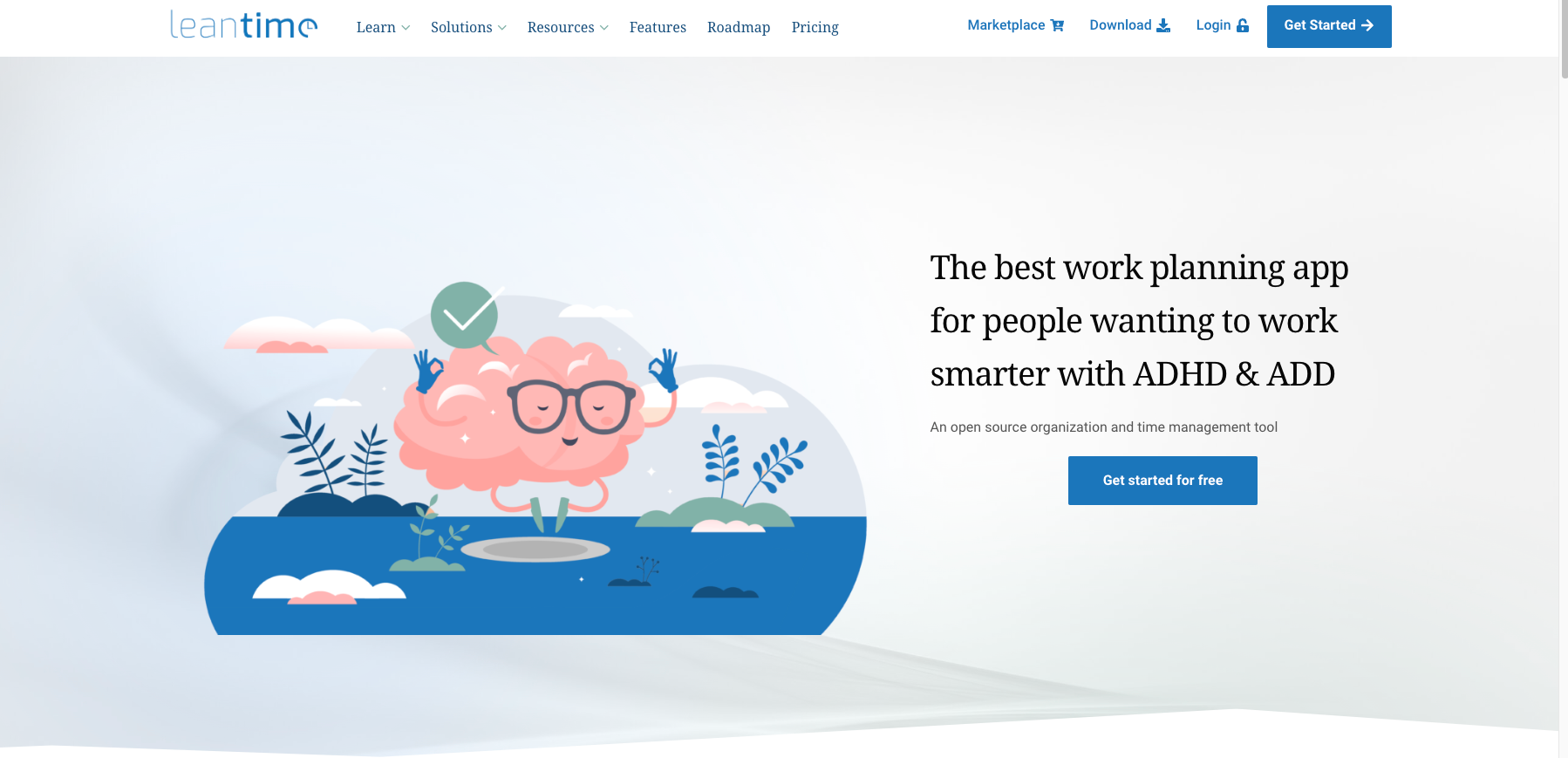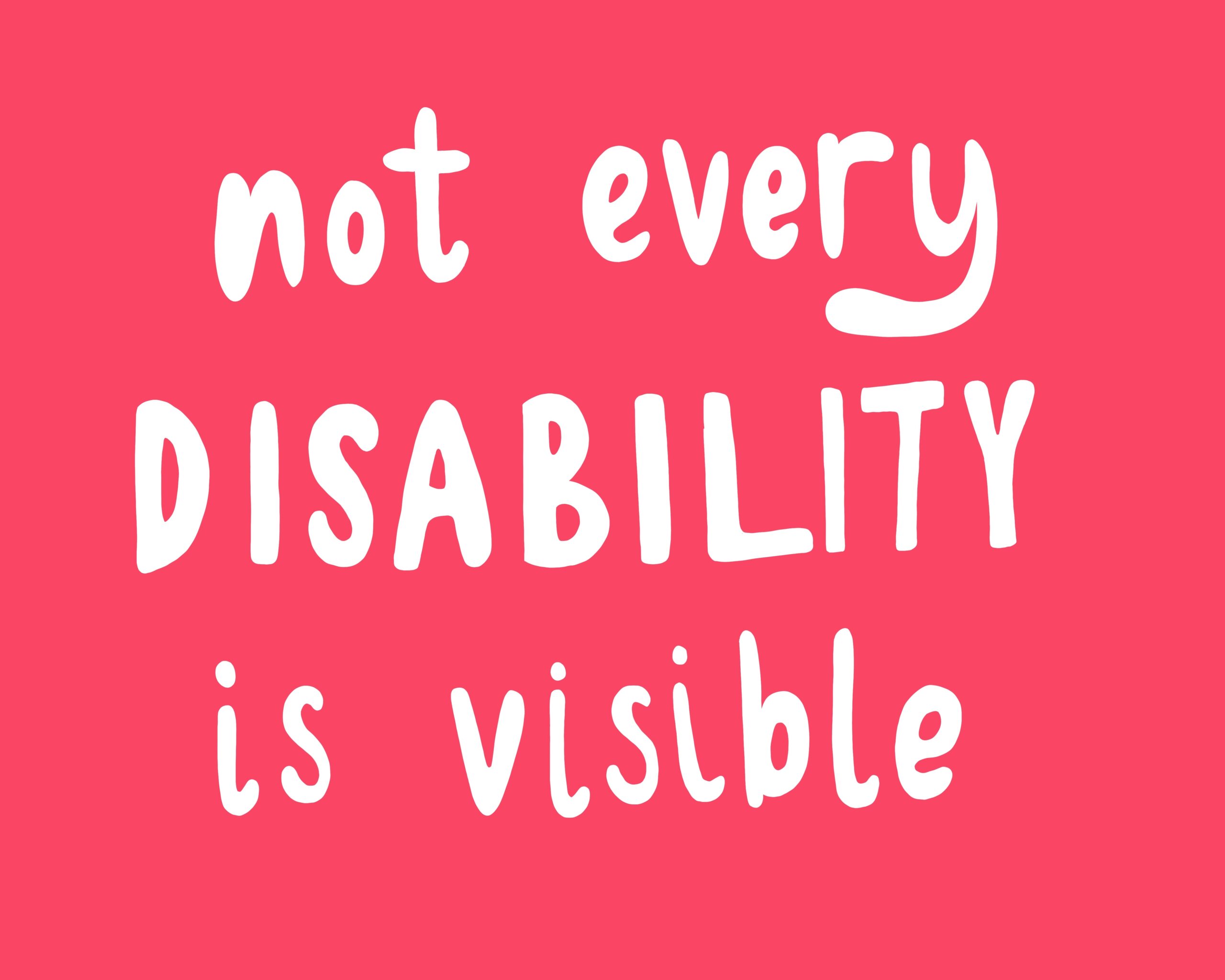Estimated reading time: 8 minutes
What is ADHD?
Attention-Deficit/Hyperactivity Disorder (ADHD) is a neurodevelopmental condition that affects millions of people worldwide. It’s characterized by difficulties with attention, hyperactivity, and impulsivity.
While ADHD can pose challenges in various aspects of life, including education and work, the question of whether it qualifies as a disability when applying for a job is a complex and nuanced topic. In this article, we’ll explore the implications of ADHD during the job application process, the considerations for disclosing ADHD and impact to keeping a job, and provide insights for individuals navigating this situation.
Table of contents
- What is ADHD?
- Is Attention Deficit Hyperactivity Disorder (ADHD) a Disability?
- What is the Americans with Disabilities Act (ADA) and how does it relate to ADHD symptoms?
- Applying for a Job with ADHD
- Should I Disclose My ADHD?
- What accommodations are there for someone with ADHD in the workplace?
- Disclosure not required: Inclusive Work Management Software for those working with ADHD
- Coming to the end of the article…
Is Attention Deficit Hyperactivity Disorder (ADHD) a Disability?
The term “disability” can encompass a wide range of conditions that substantially limit a person’s major life activities. ADHD falls under this category, as it can affect an individual’s ability to concentrate, organize tasks, manage time, and control impulses. However, whether ADHD qualifies as a disability in the context of employment depends on various factors, including the severity of the condition, physical or mental impairment, and the specific job requirements.
Read More: Addressing ADHD Challenges in the Workplace
In many countries, including the United States under the Americans with Disabilities Act (ADA), ADHD is considered a disability. This means that individuals with ADHD are entitled to reasonable accommodations in the workplace to ensure they can perform their job duties effectively. These ADHD workplace accommodations might include flexible work hours, modified tasks, or assistive technologies.
What is the Americans with Disabilities Act (ADA) and how does it relate to ADHD symptoms?
The Americans with Disabilities Act (ADA) is a federal law in the United States that prohibits discrimination against individuals with disabilities in various areas of public life, including employment, education, transportation, and public accommodations. The ADA aims to ensure that people with disabilities have equal access and opportunities and are not treated unfairly or excluded because of their disabilities. In 1990, the ADA included ADHD as a diagnosis under the disability act. In severe cases, ADHD will qualify for social security disability benefits when it impedes an individual’s ability to work at all.
ADHD can affect a person’s ability to focus, organize tasks, manage time, and follow through on responsibilities. The ADA does offer protections to individuals with ADHD under certain circumstances.
Here’s how the ADA may relate to ADHD symptoms:
- Employment: The ADA prohibits discrimination against individuals with disabilities in the workplace. If an individual with ADHD faces discrimination or adverse employment actions due to their condition, they may be protected by the ADA. Employers are required to make reasonable accommodations to enable employees with disabilities, including those with ADHD, to perform their job duties effectively. Reasonable accommodations might include flexible work hours, job modifications, or providing assistive technology.
- Education: In educational settings, the ADA, along with the Rehabilitation Act of 1973 (Section 504), provides protections for students with disabilities, including ADHD. Schools and colleges are required to provide reasonable accommodations and support services to ensure that students with ADHD have an equal opportunity to learn and succeed academically.
- Public Accommodations: The ADA also mandates that public places, such as government buildings, restaurants, stores, and transportation services, be accessible to individuals with disabilities. While this primarily relates to physical accessibility, it can indirectly benefit individuals with ADHD by ensuring that they can access these public services without unnecessary barriers.
You might be wondering, is ADHD a disability then? It’s important to note that to be a covered disability, under the ADA, individuals with ADHD must meet the ADA’s definition of a disability, which generally requires that the condition substantially limits one or more major life activities. Not everyone with ADHD will meet this criteria, as the severity and impact of ADHD symptoms can vary widely from person to person.
Additionally, reasonable accommodations should be determined on a case-by-case basis, considering the specific needs and limitations of the individual with ADHD. The ADA aims to strike a balance between providing equal opportunities for individuals with disabilities while also considering the practical constraints of the situation.
It is also important to note the words here of “reasonable accommodation” because it is important that the asks do not create undue hardship on the behalf of the employer. In this situation, an employer is not required to make accommodations and one’s job could then be at risk.
If you or someone you know has ADHD and believes they may be entitled to accommodations or protection under the ADA, it is advisable to consult with legal professionals or disability services specialists who can provide guidance and assistance in navigating ADA-related issues.
Applying for a Job with ADHD
When applying for a job, individuals with ADHD might face unique challenges. The application process often requires strong organizational skills, attention to detail, and time management – areas where individuals with ADHD might struggle. However, it’s important to note that having ADHD does not necessarily mean a person is unqualified for a job. Many individuals with ADHD possess strengths such as creativity, problem-solving skills, and the ability to thrive in dynamic environments.
Read More: Getting Diagnosed with ADHD as an Adult, Now What?
To enhance your chances of success when applying for a job with ADHD:
- Highlight Your Strengths: Tailor your resume and cover letter to emphasize your strengths and achievements that are relevant to the position.
- Research the Company: Understand the company’s culture and values. Some workplaces might value traits associated with ADHD, such as adaptability and innovative thinking.
- Practice Self-Awareness: Recognize your challenges and develop strategies to manage them. Tools like to-do lists, time management apps, and mindfulness techniques can be immensely helpful.
Should I Disclose My ADHD?
Deciding whether to disclose your ADHD during the job application process is a personal choice that depends on various factors. Legally, employers are prohibited from discriminating against candidates with disabilities, including ADHD. However, the decision to disclose should be made after careful consideration of your specific situation.
Benefits of Disclosing:
- Access to Accommodations: Disclosing your ADHD allows you to request reasonable accommodations that can help you perform your job more effectively.
- Transparency: Sharing your condition can foster understanding between you and your employer, potentially leading to a more supportive work environment.
Considerations:
- Stigma and Bias: Unfortunately, there’s still stigma around ADHD and other mental health conditions. Some employers might hold biases that could impact their perception of your capabilities.
- Timing: You’re not obligated to disclose during the initial application. You might choose to discuss accommodations after receiving a job offer.
- Privacy: Remember that disclosing your ADHD is a personal decision, and you’re not obligated to share more information than you’re comfortable with.
What accommodations are there for someone with ADHD in the workplace?
In the workplace, accommodations for individuals with ADHD can significantly enhance their productivity and job satisfaction. These accommodations are designed to address the specific challenges associated with the condition, such as difficulties with focus, time management, and organization.
Common accommodations might include flexible work hours to accommodate peak focus periods, access to noise-canceling headphones to reduce distractions, and the option to use task management tools or software that aid in prioritization and time tracking, like Leantime.
Providing a quiet and organized workspace, offering written instructions alongside verbal communication, and allowing short, frequent breaks can also help individuals with ADHD manage their tasks effectively. By implementing these accommodations, employers create an environment that enables employees with ADHD to showcase their strengths and contribute meaningfully to the team.
Disclosure not required: Inclusive Work Management Software for those working with ADHD
Software designed with ADHD in mind offers a range of valuable benefits. Firstly, it enhances accessibility and usability for individuals with ADHD, fostering an environment where they can fully engage with digital tools and information.
Features such as customizable interfaces, simplified navigation, and distraction-minimizing options enable users to stay focused and organized. Moreover, inclusive software can help boost productivity and task management for individuals with ADHD, offering tools for time management, reminders, and goal setting.

Leantime is the first work management and project management tool built for the business world that builds to be inclusive of cognitive accessibility & ADHD. The features are built to decrease cognitive load, have a simplified approach to UI, and is using both a goals focused approach and AI to boost both intrinsic motivation and dopamine.
Cognitively accessible software can mean inclusion without the fear of disclosure
By addressing the specific needs and challenges associated with ADHD symptoms, inclusive software not only empowers users to overcome obstacles but also promotes inclusivity and diversity in the digital landscape, ultimately enriching the overall user experience for everyone.
Coming to the end of the article…
For myself, I know that the way my brain views the world has benefits in the business space. I learn quickly, jump in and can serve up some out of the box solutions to complex problems.
The downside of my ADHD, though, is that I also get bored quickly, need regular stimulation and get really frustrated when there are bottlenecks in the workflows that, quite frankly, shouldn’t be there. I have also had to learn to be a little more shy in communicating my thoughts about those bottlenecks…
While we all have different challenges when it comes to our individual ADHD/ADD, it’s important to realize when we receive accommodations that are right for our specific situation — it can turn our work from a surviving role into a thriving role.
ADHD, while posing challenges, doesn’t define a person’s capabilities. When applying for a job, individuals with ADHD should focus on their strengths, research companies that value their skills, and decide whether to disclose their condition based on careful consideration. The evolving understanding of disabilities and the legal protections in place provide avenues for individuals with ADHD to succeed in their careers. Remember, you are more than your ADHD – you bring a unique set of talents and perspectives to the table.
Other articles you may find relevant:
- Work Management for ADHD & ADD
- Jobs for people with ADHD: Try Project Management
- Jobs for people with ADHD: Success in Marketing
- Project Planning for ADHD: Leantime vs Trello
- Organizing Your ADHD: Try these Task Management tips to stay focused
- Master your ADHD: The Top Digital Planner Built with ADHD in Mind



